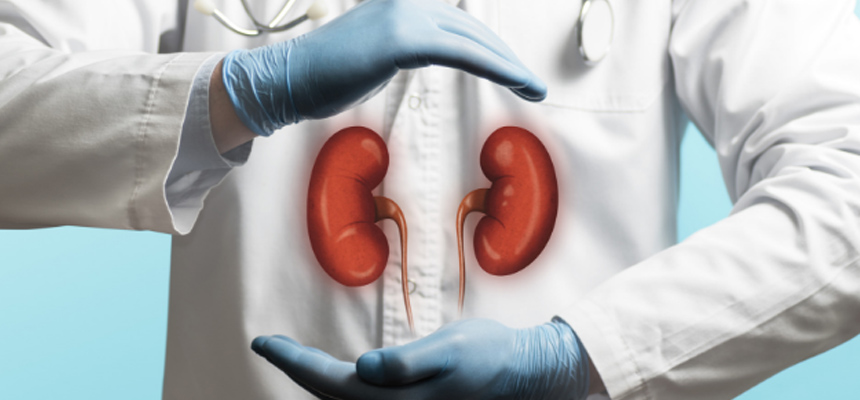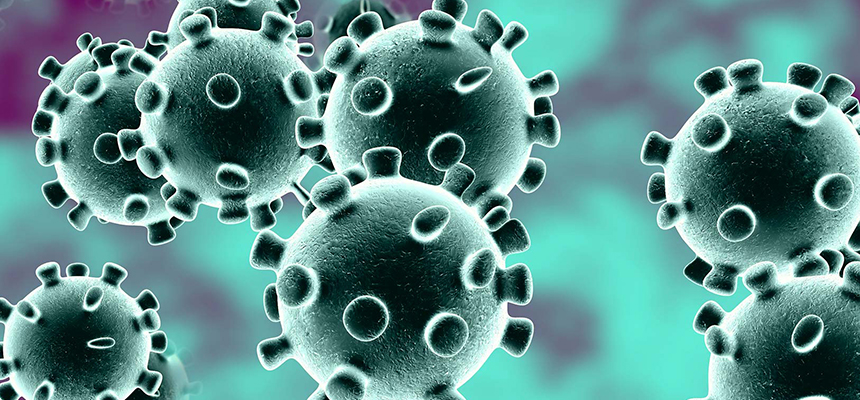The Key factors of Kidney Transplant

The main function of the kidney is to filter and remove waste, minerals, and fluid from the blood by producing urine. A surgical procedure to place a healthy kidney from a living or deceased donor into a person whose kidneys no longer function properly is called as a kidney transplant. When your kidneys lose this filtering ability, harmful levels of fluid and waste tend to get accumulated in the body, which may shoot your blood pressure and result in kidney failure (end-stage kidney disease). One suffers from end-stage renal disease when the kidneys have lost about 90 per cent of their ability to function normally.

Diabetes, uncontrolled high blood pressure and polycystic kidney disease can be the cause of Kidney failure. Those suffering from the end-stage of renal disease should get waste removed from their bloodstream with the help of a machine (dialysis) or a kidney transplant to be able to stay alive. Dr. Chandan Chaudhari from Department of Nephrology at Wockhardt Hospital, Mumbai Central explains everything one should know about Kidney Transplant.
Know why kidney transplant is done:
Those with kidney failure may opt for a kidney transplant, compared with a lifetime on dialysis.
- Undergoing a kidney transplant can help one tackle chronic kidney disease or end-stage renal disease to allow one to live longer.
- Doing so can enhance your quality of life, reduce your risk of death, there may be fewer dietary restrictions for you, along with lower treatment cost.
- Some people with kidney failure cannot undergo a kidney transplant. It can be more dangerous than dialysis. One might not be suitable for a kidney transplant owing to advanced age, severe heart disease, a cancer which is active or recently treated alcohol or drug abuse and any other factor which could impact the ability to safely undergo the procedure and take the medications needed after a transplant in order to prevent organ rejection.
Who can donate kidneys?
- Kidney donors can be either living or deceased. A family member with two healthy kidneys may opt to donate them as the body will be able to function even with one kidney too.
- If your family member’s blood and tissues match your blood and tissues, you can schedule a planned donation. Moreover, receiving a kidney from a family member can lower the risk that the body will reject the kidney, and may enable one to bypass the multiyear waiting list for a deceased donor.
- Deceased donors who are also known as cadaver donors are people who have died, usually as the result of an accident rather than a disease. Here, either the donor or the family chooses to donate the deceased organs and tissues. One’s body is likely to reject a kidney from an unrelated donor. Thus, cadaver organ is a good alternative if you don’t have a family member or friend who’s willing or able to donate a kidney.
- While you have been evaluated for a transplant, you will have to undergo a blood test to know your blood type, and human leukocyte antigen (HLA). A group of antigens located on the surface of your white blood cells is HLA, and these antigens are responsible for your body’s immune response.
- If one’s HLA type matches the donor’s HLA type and then maybe one’s body won’t reject the kidney.
- Before undergoing a kidney transplant, one will need to give a sample of your blood for the antibody test. One will only be cleared for the transplant in case the result is a negative cross match.
One’s new kidney may start to clear waste from the body immediately, or it may take up to a few weeks before it starts functioning. Moreover, you will also have to go for regular check-ups, and follow-ups.
Book Appointment: Dr. Chandan Chaudhari from Department of Nephrology at Wockhardt Hospital, Mumbai Central

 Disclaimer: Welthi.com does not guarantee any specific results as a result of the procedures mentioned here, and the results may vary from person to person.
Disclaimer: Welthi.com does not guarantee any specific results as a result of the procedures mentioned here, and the results may vary from person to person.









